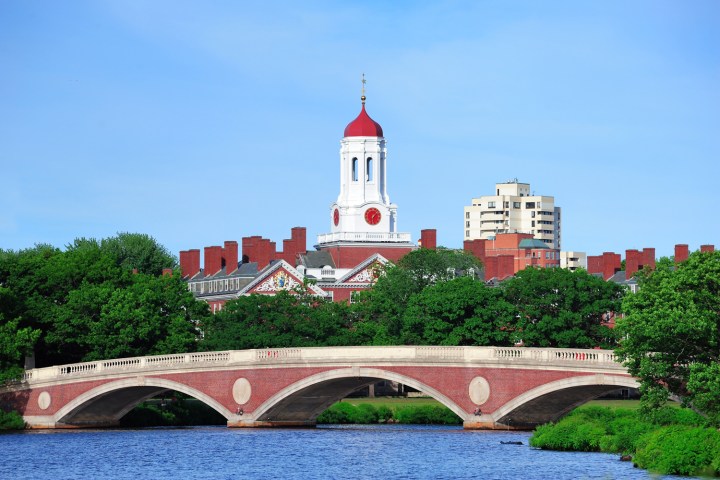
The report, Don’t Panic. Making Progress on the “Going Dark” Debate, published by Harvard’s Berkman Center, claims that officials’ anti-encryption stances are overblown and the glut of new Internet-connected devices hitting the market gives law enforcement more avenues for carrying out investigations.
“Appliances and products ranging from televisions and toasters to bed sheets, light bulbs, cameras, toothbrushes, door locks, cars, watches and other wearables are being packed with sensors and wireless connectivity,” said the report, which goes on to name-check the myriad major companies making smart home products like TVs or wearable devices that could be utilized by law enforcement.
“These devices will all be connected to each other via the Internet, transmitting telemetry data to their respective vendors in the cloud for processing,” the authors said.
“The audio and video sensors on IoT devices will open up numerous avenues for government actors to demand access to real-time and recorded communications.”
Authors of the report include renowned cryptographer Bruce Schneier and Jonathan Zittrain from Harvard Law School. Their report says the FBI is largely ignoring this wave of new Internet-connected devices by focusing on encrypted communications. They argue that the Internet will still be populated by mostly unencrypted traffic.
The encryption or “going dark” debate centers on the argument that law enforcement need a means to access communications in order to pursue criminal investigations. Encryption put in place for users by device manufacturers or services would make this practically impossible, regardless of whether there was a warrant or not.
Recently, NSA Director Admiral Mike Rogers questioned the argument put forward by the FBI and its chief, James Comey, over the need to apply backdoors in encrypted communications.
However the authors of the Harvard report do concede that technology has “to some extent” made investigations more difficult but not impossible.
“[We] question whether the “going dark” metaphor accurately describes the state of affairs. Are we really headed to a future in which our ability to effectively surveil criminals and bad actors is impossible? We think not.”
Editors' Recommendations
- I need to change how I use Apple tech in 2024. Here’s how I’m going to do it
- Report says Apple doesn’t secure iCloud backups because the FBI asked it not to


